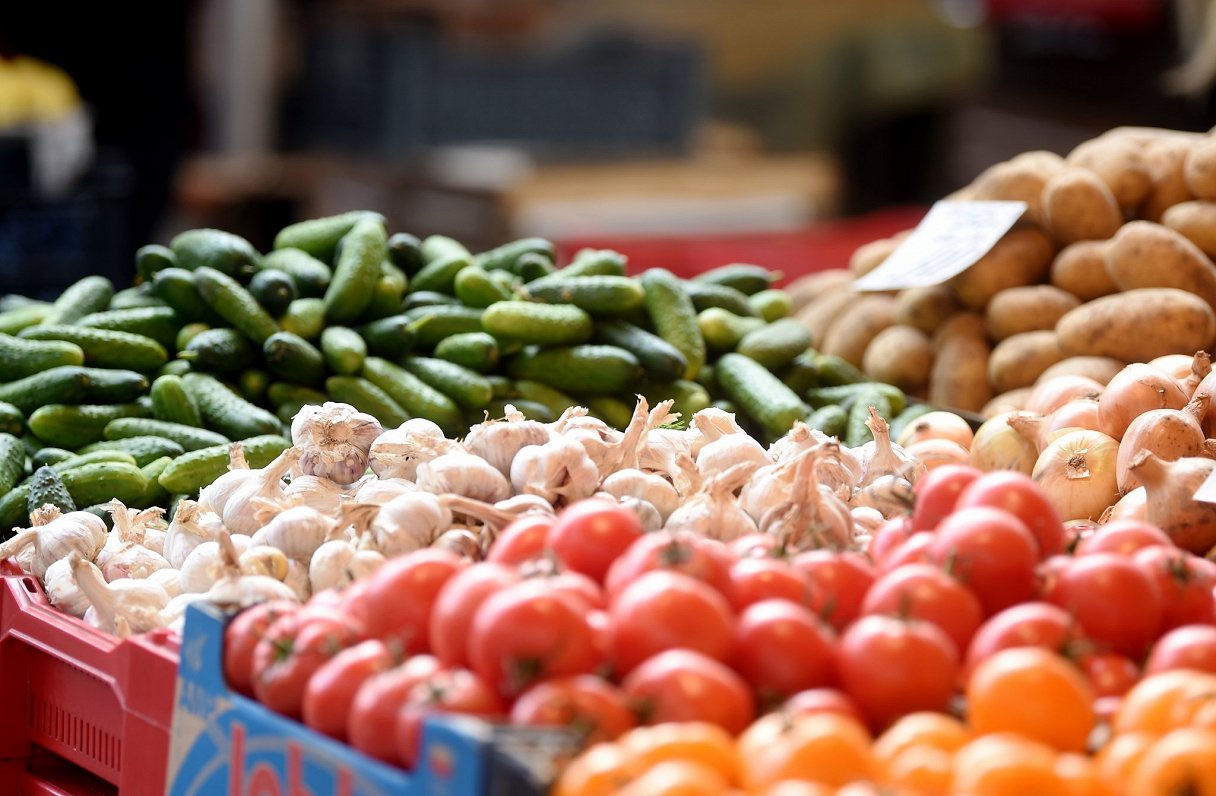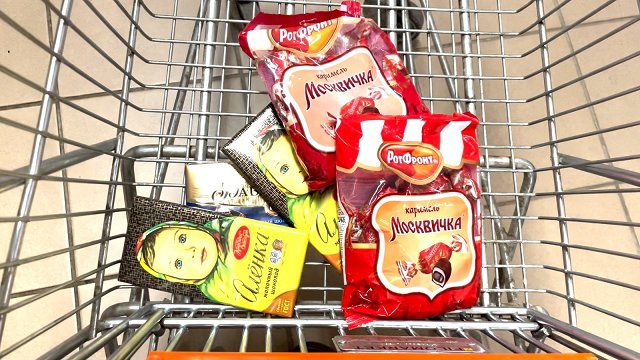The abnormal increase in food prices is also seen in the first available annual accounts of companies – turnovers and profit indicators have increased significantly.
The financial data of large food producers on work in the last year are not yet available, but the information published by medium and small businesses suggests that due to the reduction of the constraints of the pandemic and the impact of the war, the year of price increases has benefited the merchants.
For example, the turnover of the co-op of ten local vegetable producers “Mūsmāju dārzeņi” was €4 million last year, while profits have climbed more than twice. Pork producer Latvi Dan Agro's turnover reduced by a quarter last year, but profits increased by 37%.
The turnover of the farm and bakery Ķelmēni increased by a fifth last year, while profits grew by 25%. “There are a lot of factors out there,” owner Juris Paulovičs said. We are producing a little more, we have not had price increases for our products lately. It will certainly be necessary sometime.”
Ināra Šure, head of the Latvian Federation of Food Businesses, had a more confident stance. After the complaints heard from businesses previously, she has now concluded that the year has been good for food producers in terms of money.
“Some have done well, they have looked at all their options in the long term, maybe have stopped their investments a little bit. [..] Overall, the sector doesn't look bad. [..] In view of previous years, both the consequences of the Covid and the consequences of the war, the situation has balanced out,” Šure said.
Šure noted that food producers have survived the winter, but also added that state aid has been significant in the jump in energy prices. In addition, raw material prices soon decreased, while the Ministry of Agriculture distributed a further EUR 10 million to entrepreneurs at the end of last year.
Šure said: “Producers have not raised prices for traders, they have remained at last year's summer level. One has to look at why they [prices] have risen on the shelves of [stores].”
Following the big rise in world food prices, consumer prices have been falling for some time. In Latvia, this is happening with a delay and slowly, said Ingūna Gulbe, head of the Agricultural Market Promotion department of the AgroResources and Economic Institute, because resource prices have not returned to levels two years ago and wages have to be raised.
“To think everything would drop as low as it was when it was the lowest point a couple of years back, it won't. But price cuts have started (..) for virtually all products,” Gulbe noted.
However, Gulbe warned that climate and other factors could cause prices to rise again, because local businesses suffered due to frost, and now, with the expected shortage, there would be room for price rises.




























